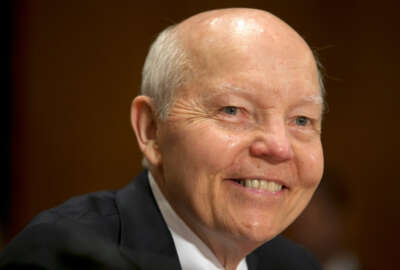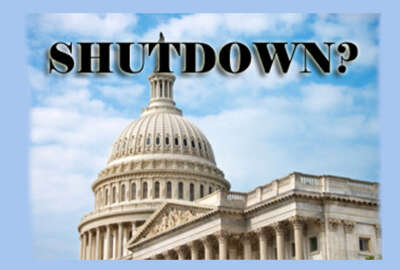
Off to Tahiti or shelter in place?
A growing number of American federal workers are retiring overseas. Senior Correspondent Mike Causey tells where they are going and why.
Quiz time: Which foreign country has the largest number of retired American government workers as residents? Feds who have setup housekeeping in another country.
Is it:
- Mexico
- Ireland
- Chad
- Mongolia
- Ecuador
- Latvia
If you guessed 1, 2, 3 or 4 you are wrong. By a mile. Chad, really? Also 5 and 6 are incorrect. So where is it?
The correct answer after this brief blurb about how and why civil servants decide to retire and live outside the U. S of A.
When many people decide where to live after they retire things like health, family, weather and of course money, become major factors.
Some people want to live close to their current friends and relatives. Some don’t. Some want to stick with known health care providers. Some want to move to a better climate. Everybody wants to be sure they can afford retirement wherever they are.
For whatever reason or reasons, it appears that a growing number of American federal federal workers are choosing to retire abroad. Several years ago the National Active and Retired Federal Employees looked at the fed ex-pat numbers and concluded that Panama and the Philippines were the top spots. Many were natives of those countries. Number three on the ex-pat list was Germany, Canada, the U.K., Italy, Greece and Thailand. Who knew?
So what makes people decide to leave this country and put down roots someplace else? How did Monte M., and his spouse decide to move? And why did they pick Ecuador, where they live today? While in government, he worked in the Internal Revenue Service call center in Dallas. Here’s what he said:
Why move? I’m 67-years-old. Financially, I thought that I’d have to continue working until I died. Then, I decided to explore living in a place other than the USA. We decided on Ecuador. But there are many other nations which have a less expensive life than the USA. Each has their advantages and disadvantages. Here’s some of our experiences:
Climate: We live close to the equator about a mile and a half above sea level. So, year round, the high temperature is about 70 and the overnight low about 55. So, no need for A/C or central heat. Ecuador does have earthquakes, floods and volcanoes. But, no tornadoes or hurricanes.
Cost of Living: Some things are much more expensive. Shoes can be triple the price and electronics twice the price of those in the USA. Cars are perhaps 20-25 percent more expensive. But, gas has been $1.48/gallon for more than a year. Bus fare for seniors is 25 cents round trip. A normal taxi fare is $2-$3 one way. Both buses and taxis are plentiful, so no real need to have a car. Produce is cheap and extremely fresh. Today, I bought four large avocados for $1. Pineapples are usually $1 each or less. Much of this produce comes from places 1-3 hours from here. Imagine fresh from the garden sweet carrots, tomatoes just picked from the vine . … The ocean is about 4-6 hours from here, so fresh seafood is easily available. Meat tends to be similarly priced to commercial meats in the USA. Much of the food is organic. I’d say that our monthly expenses are about $1,200 a month. Our rental is four bedrooms, 3 ½ baths, unfurnished for $480/month.
Utilities are less reliable than those in the USA. It is not uncommon for the lights to go out monthly. Ditto for the Internet. Internet here is slow and expensive. On the other hand, this family of two spends about $3/month for LP gas which is used for cooking and hot water.”
And Monte is just getting started. Check out the rest of his reasons — and what he’s learned that’s good, and not so great, in tomorrow’s Federal Report.
Nearly Useless Factoid
By Michael O’Connell
Broadcaster Larry King is mentioned in the Mojo Nixon song “619-239-KING”.
Source: IMDB
Copyright © 2025 Federal News Network. All rights reserved. This website is not intended for users located within the European Economic Area.
Mike Causey is senior correspondent for Federal News Network and writes his daily Federal Report column on federal employees’ pay, benefits and retirement.
Follow @mcauseyWFED





